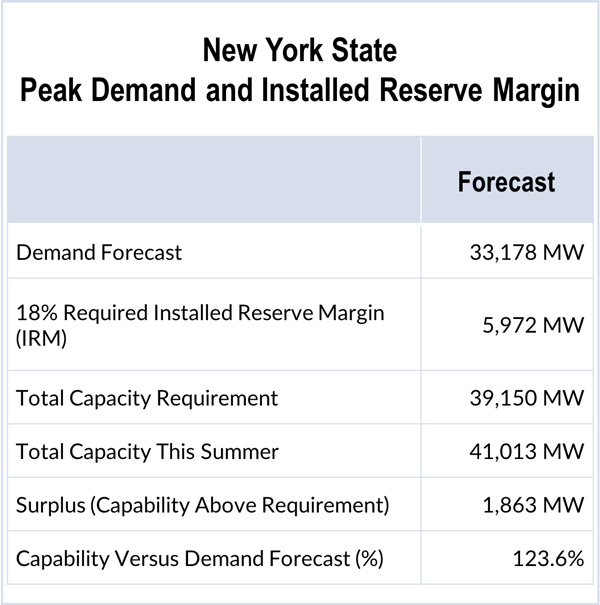By Amanda Durish Cook
Texas regulators’ decision on the applicability of state and local right of first refusal (ROFR) laws could influence the selection of who builds more than 20 projects proposed for MISO’s 2017 Transmission Expansion Plan, RTO officials said last week.
MISO has no opinion on whether Texas has a ROFR, but it realizes the outcome of the case will affect next year’s competitive developer selection process, Manager of Competitive Transmission Brian Pedersen told the Planning Advisory Committee on May 17.
The Public Utility Commission of Texas is considering a joint request by Southwestern Public Service and SPP to rule on whether Texas statutes allow ROFRs in areas of the state outside of ERCOT’s footprint (46901). (See Texas PUC Agrees to Take up SPP, SPS Request on ROFR.) SPP claims Texas statute only allows for certificates of convenience and necessity inside ERCOT and says other areas should follow a competitive selection process. SPS, on the other hand, argues for the existence of a ROFR outside ERCOT. The Texas PUC will decide the case on briefs without hearing.
Entergy Texas has submitted 22 possible projects for evaluation and inclusion in MTEP 17, ranging from $300,000 to $47 million, and East Texas Electric Cooperative has submitted seven ranging from $900,000 to $62.5 million. MISO will not make MTEP 17 draft project recommendations until August.
Although federal ROFRs were abolished with FERC’s Order 1000, state and local ROFRs were left standing. Upgrades to existing facilities also are assigned to incumbent transmission owners.
Last year, the lone market efficiency project in MTEP 2016 — the $80.9 million Huntley-Wilmarth 345-kV line in Minnesota — would have been opened to competitive bidding save for the state’s ROFR statute. At the time, some stakeholders wrote a letter encouraging MISO to open the project to bidding. (See MISO Board Approves MTEP 16’s $2.7B in Tx Projects.)
Higher Cost Threshold for Competitive Projects?
Meanwhile, stakeholders in MISO’s Competitive Transmission Task Team are debating if the RTO should raise the $5 million cost threshold for opening market efficiency projects to competition. (The RTO’s threshold for opening multi-value projects to competition is four times higher at $20 million.)
MISO staff posed the question to stakeholders at the May 19 task team meeting, saying inexpensive projects might not attract many bidders or justify the cost of a lengthy evaluation and selection process. Staff imagined a scenario where the RTO would run up a $1 million-plus bill evaluating a dozen or so bids on a mere $5 million market efficiency project.
MISO spent $1.3 million last year to evaluate 12 construction bids in its first competitive transmission process, recovering the entire amount from the submitting developers. (See MISO’s Competitive Tx Evaluation Costs $1.3 Million.)
LS Power’s Sharon Segner said MISO’s concern that lower-cost competitive projects would attract too few bidders to justify a costly, full evaluation process would resolve itself because the RTO’s cost to evaluate just a few bids would be much smaller than sizing up a dozen or so bids. MISO could also forego the cost of evaluation altogether if it received just one bid response from an incumbent developer, Segner said. LS Power won MISO’s first competitively bid project with a $49.8 million proposal for the Duff-Coleman 345-kV transmission project.
Pedersen said he has heard arguments for and against a cost floor from stakeholders.
“There are 48 competitive developers in MISO right now, and we trust they can make decisions on whether to bid for themselves. We were just generally asking stakeholders because there was a concern over the evaluation cost. [Stakeholders] raised that issue from an efficiency standpoint, but if developers want to decide what’s best and [decide against a minimum cost floor], that’s fine too,” Pedersen said.
Stakeholders also discussed whether developers should be able to recoup from ratepayers the costs of submitting bids. Some said the issue should be left to FERC while others said states govern what types of costs developers may recover from ratepayers.
MISO is asking for feedback on how to improve its competitive developer process in the hopes of presenting draft Tariff revisions by July. The RTO agreed in December to consider improvements after it announced the Duff-Coleman developer. (See LS Power Unit Wins MISO’s First Competitive Project.)





